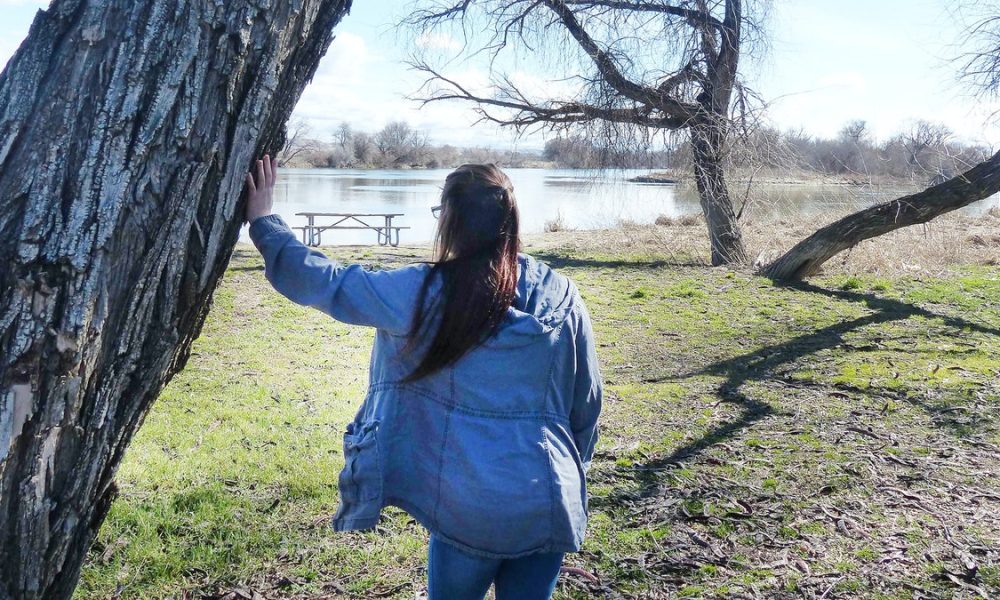
The foster care system has plenty of challenges in providing for children. In Malheur County, we’re short of just about everything – foster parents, caseworkers, even overnight bags so kids have underwear when they show up at a foster home. One pending change could quickly reduce some misery, and it’s time for government to adopt it.
The state too often has seen the need to remove children from their parents in Malheur County. State workers step in to disrupt abuse and neglect, focusing on the safety of the children. But once children are removed, it’s not always clear where they are headed. Sometimes they can be placed with relatives. Sometimes they go to strangers in foster homes. And on the rare occasion, it’s a night or two or more in a motel, guest of the state.
By all accounts, the best place for a child is with relatives – grandparents, aunts and uncles, or others. This eases the pain of losing mom and dad and provides comfort at a time of trauma.
Geography, though, works against that solution in Malheur County. In case after case, the nearest relative is across the Snake River in Idaho. But caseworkers don’t have the option of simply driving across the bridge to Grandma’s house with Billy or Susy. They are barred from doing so by red tape.
A complex interstate compact sets out the steps needed before an Oregon child can be placed with Idaho relatives, or vice versa. “Complex” is another way of saying time consuming. Nothing happens very quickly.
Malheur County Circuit Court Judge Lung Hung has been trying for two years to snip that red tape. He is frustrated with his inability to send kids home with relatives. Instead, the process forces those kids into strangers’ homes, where they must wait for the bureaucracy to grind into action and verify that relatives will provide a fitting place to live.
He’s been pushing Oregon and Idaho officials to set up a separate deal that would let kids move to those relatives much quicker.
This isn’t some untested idea. Oregon struck such a deal with Washington back in 2010.
“We know it works,” said the Oregon official who oversees the deal.
Yet getting an Oregon-Idaho deal seems to be as tricky as striking a nuclear deal with North Korea. Officials on both sides profess an interest in going ahead. Asked to describe what’s holding up making such a deal, they say they have to have meetings, that they have to have talks, they have to get data. One Idaho official said one need was “process mapping.”
We get that cross-border deals have to be legally sound. We get that everyone has to know just what is going to happen once a kid crosses the border. But the Washington deal is just four pages long. You could type that in 30 minutes.
In the end, this is supposed to be about doing the best we can to help children going through one of the worst times of their lives. They would find more comfort in the loving arms of grandma than in the cold embrace of a bureaucracy intent on protecting itself as much as kids.
Hung is right to be frustrated, and the community should be as well. Officials in Oregon and Washington need to stop the slow walk on this and act now. There is no excuse for doing otherwise. – LZ




